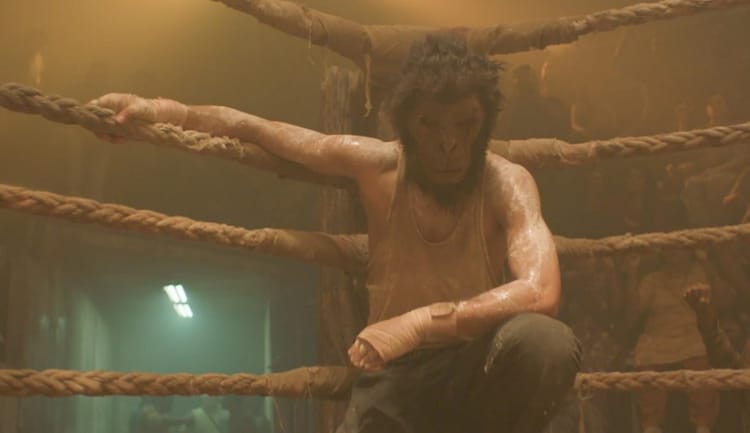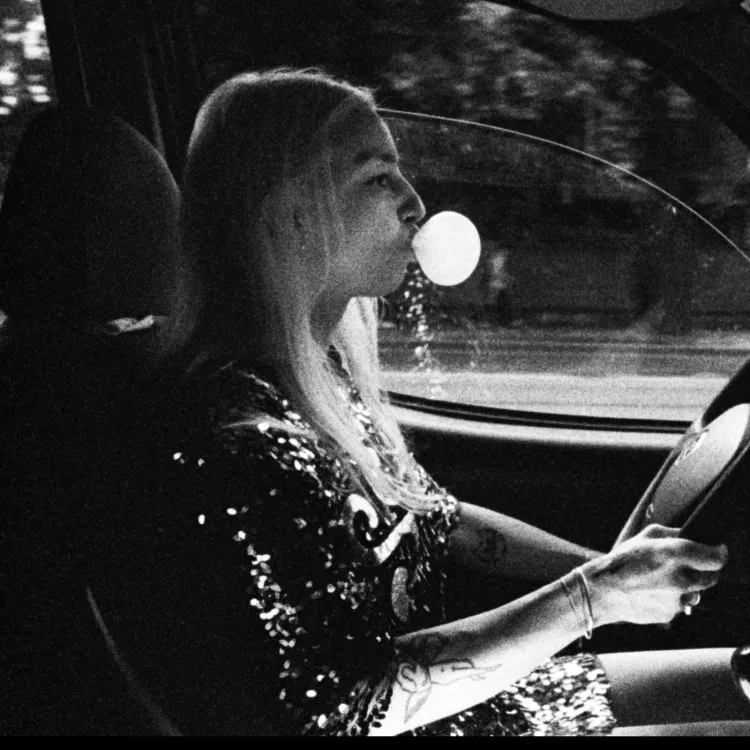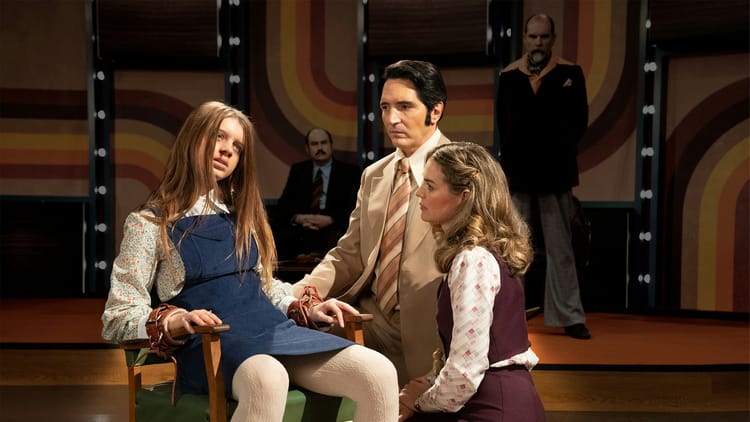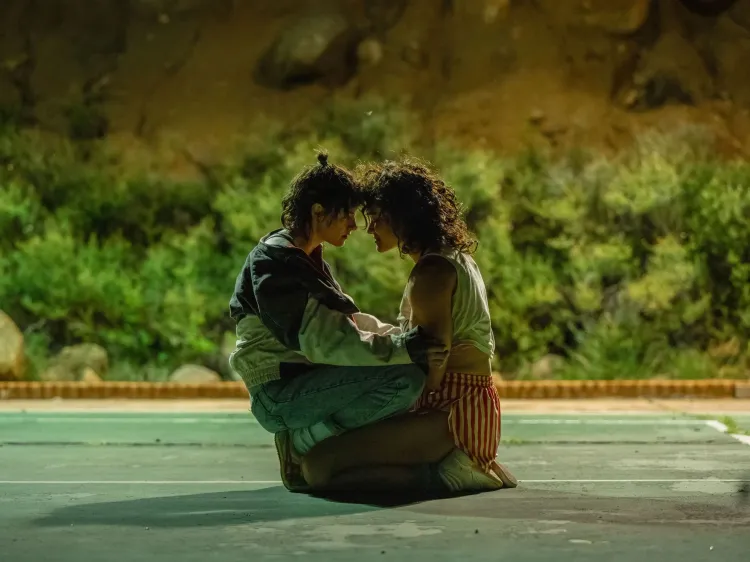Creed III
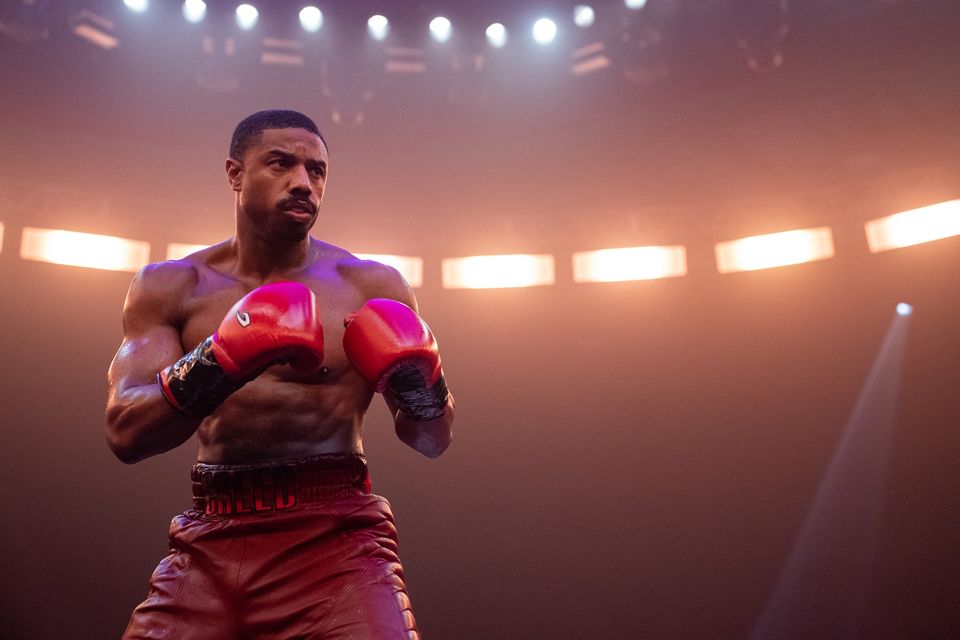
The “Creed” franchise has always been about legacy. It’s been about picking up the gloves someone else put down, finishing the fight that someone else couldn’t finish. The first “Creed” gave us Adonis Creed, played by Michael B. Jordan, the son of Apollo Creed, the rival to Sylvester Stallone’s Rocky almost five decades ago. The first “Rocky” launched its writer-actor Stallone into fame and would soon become synonymous with the sport of boxing. In “Rocky II” where Rocky had to prove his first go at the belt wasn’t beginner’s luck, its writer-actor now turned director was also proving he wasn’t a two-trick pony. Now in “Creed III,” the ninth film in this extended franchise, Michael B. Jordan steps into the ring as both its star and director. The question is: Can he match up to the former heavyweight champion of Sylvester Stallone? Or does he fall short in his directorial debut?
“Creed III” feels like a much more polished version than its prior iterations but not always in a comfortable way. In part, this is because Adonis’ life has changed so much since he was a scrappy kid searching for his place. He’s at the top of the hill. L.A. is his dominion. He’s not the underdog anymore, he’s far from juvie, far from group homes. He’s a businessman, a leader, a coach, a celebrity endorsement for Ralph Lauren. Adonis is so far removed from his hot-tempered upstart days from the first “Creed” that I missed that rough quality. We’re no longer in dingy Philly gyms and diners; we’re in sun-soaked L.A. And if Adonis is at the top of the world, we are left wondering what does the man who has it all still need? What does he have left to prove?
Then his past comes launching back home in the form of Dame Anderson, played by the inimitable Jonathan Majors. The man imbues every one of his roles with a whole life. In the case of Dame Anderson, that’s a life of rage, anger, and spite at a world. He feels the crunch of time on his shoulders, as his body slowly loses its chance to be the best in the ring. The one thing standing between him and the belt? The current champion, the boy who carried Dame’s bags to amateur fights, his old friend, Adonis Creed.
The friendship/rivalry forms the core of this movie, foregoing Creed’s family legacy for his personal history. Anderson has nothing to do with Ivan Drago, Rocky Balboa, or Apollo Creed. This is purely between him and Adonis. That focus makes the scenes between the two electric: They are not shadows of their fathers; they are reflections of one another. The only difference is one got out.
That takes us to a new question for the franchise that up until now has been about legacy versus individual merit. This movie instead asks what holds both these men back. It’s not about what thrust them into the boxing limelight. It’s about what constrains them now, internally? Adonis may be a legend in the ring. But who is he in the home? As a father, a husband, a son? What happens to a champion who only knows how to fight? There is still a fight. This is a boxing movie after all. . But just as Rocky tells Adonis in the first “Creed,” the number one opponent you have in the ring, or out of it, is yourself.
By the film’s end, most of these questions are closed unceremoniously. It is a shame the film sidelines these more complicated questions and settles for simple answers. Complex examinations about masculinity and pride are sacrificed at the altar of easy character choices. This is especially disappointing when we consider how concerned the first “Creed” was with tackling unanswerable questions, like whether Adonis really deserved his time in the ring and if he should take his father’s name. “Creed III” is more keen on developing a neat binary between good and bad. The film is at its best when the friendship between the two central characters is being torn apart. When it slips into cliches of heroes and villains, it falls behind its predecessors. Near the film’s ending, it does delve back into the shared constraints on these men with an emotionally-charged exchange, but it left me wanting on its other themes.
It doesn’t help that Michael B. Jordan feels almost out of place in this new Adonis he has made. Some early scenes have stumbling dialogue and less than stellar delivery, surprising for an actor of his caliber. It’s the first time I’ve seen Jordan practically hitting cues, rather than embodying a character. Eventually, the moment Dame enters, Jordan does sink back into rhythm t as the two bounce off of each other.
Jordan has stated multiple times on the press tour for the film that he was majorly inspired by shounen, a genre of anime and manga known for its high-octane action and fraught rivalries. That adoration translates directly into the film’s final fight, the inevitable collision between Dame and Adonis. Jordan makes bold choices as a director in this final fight, some of which hit and some of which miss. But more importantly, he came out swinging. “Creed III” may not be the knockout that the first “Rocky” or “Creed” was, but it’s still an energetic, kinetic debut and a promising first round from Michael B. Jordan.
---
This review first appeared in F News Magazine, edited by Sid Garde.
